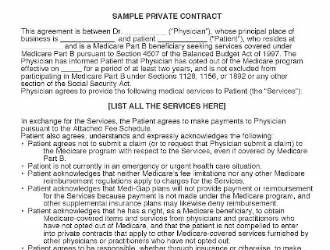An online behavioral intervention helped overweight and obese patients lose an average of 5.5 kilograms in 3 months and maintain that loss at 6 months, according to a prospective randomized study. The results were published online Nov. 17 in Diabetes Care.
The almost fully automated program “is an effective, potentially low-cost option that physicians could use with their overweight and obese patients to reduce the risk of type 2 diabetes and other weight-related diseases,” said John G. Thomas, Ph.D., of Brown University, Providence, R.I.
At 3 months, 41 (53%) of program participants had lost at least 5% of their body weight, and 37 (48%) met that target at 6 months, the researchers said. The control group lost an average of 1.3 kilograms. The findings show that to lose weight, patients need more than physician advice and basic information about diet and exercise, wrote Dr. Thomas and his associates (Diabetes Care 2014 Nov. 17 [doi: 10.2337/dc14-1474]).
The study comprised 154 patients aged 18-70 years whose body mass index was between 25 and 45 kg per m2. Eighty percent were women, and most were non-Hispanic whites.
Every week, the intervention group was asked to view a 10- to 15-minute interactive video on topics such as eating in restaurants, changing the home environment, and social support. These patients also used a website to report their daily calorie intake, exercise, and body weight, and received automated feedback based on their progress. In contrast, the control group was asked to view weekly online newsletters about the benefits of healthy eating, weight loss, and exercise, the investigators noted.
Compared with controls, the intervention group reported significantly more weeks in which they had cut their calorie and fat intake, consumed more fruits and vegetables, and exercised more than at baseline, the researchers said. Differences for the calorie and fat measures remained significant at 6 months, and the others trended toward significance, they reported. “Given that about 80% of U.S. adults use the Internet, this approach may provide a cost-effective alternative or complement to the face-to-face counseling models of obesity treatment, including that which is currently reimbursable by the Centers for Medicare & Medicaid Services,” they added.
Participants in behavioral weight loss programs tend to initially lose weight and then slowly regain it, but the researchers noted that they did not follow patients at the time point when they would be most likely to regain weight. The study design required patients to visit an academic medical center several times, and that could have influenced the results, the researchers added.
The National Heart, Lung, and Blood Institute funded the study. The authors reported having no conflicts of interest.
imnews@frontlinemedcom.com



